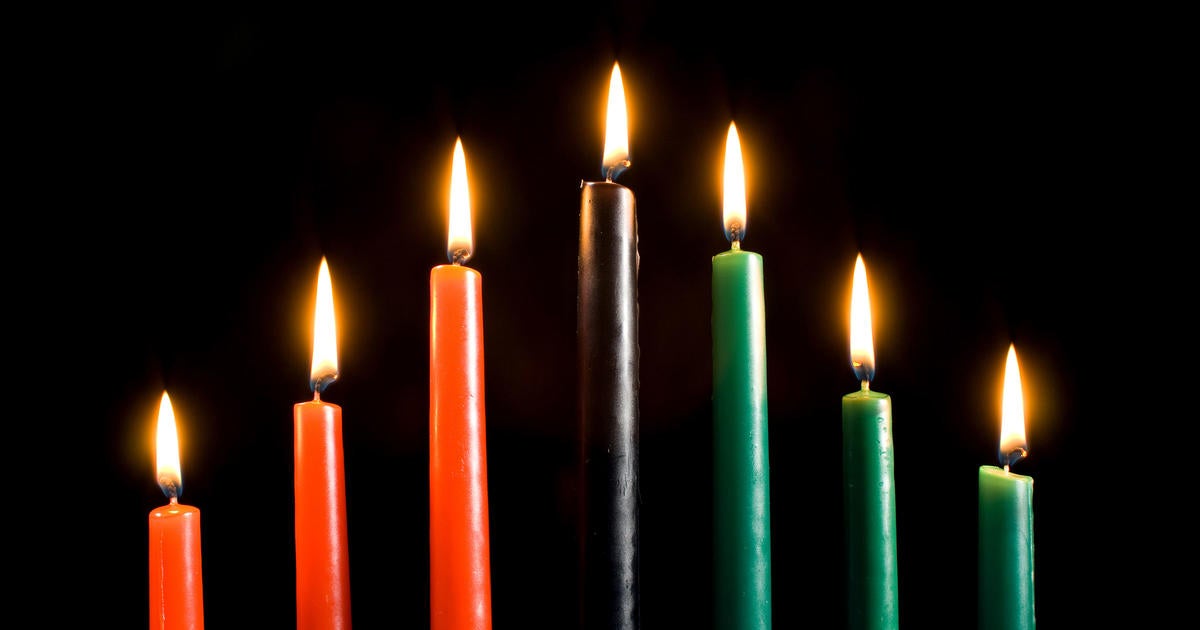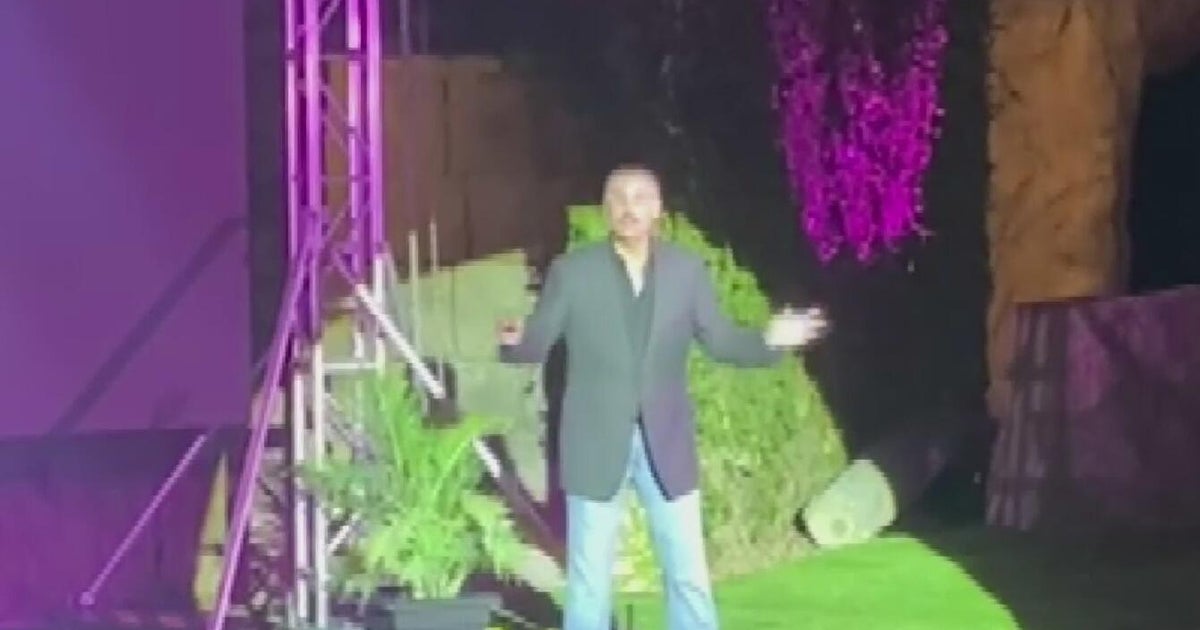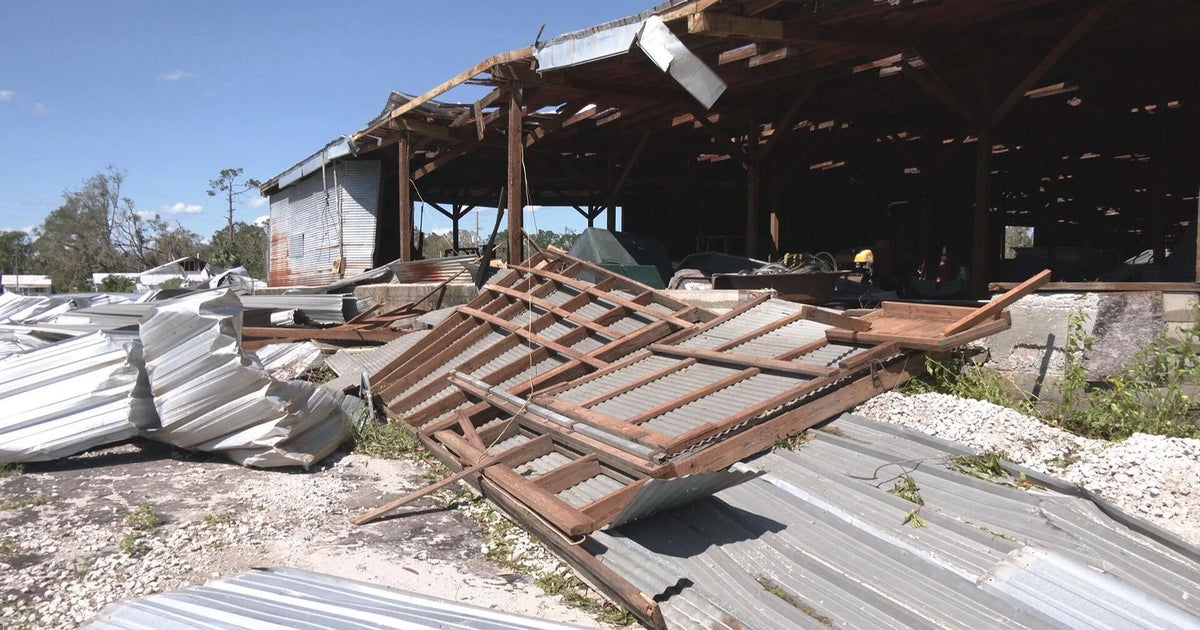MIAMI – As Xmas and Hanukkah arrive to an stop, Kwanzaa is just starting.
Monday is the initial working day. Kwanzaa, a seven-working day celebration of African tradition, is noticed just about every 12 months from December 26th to January 1st. The title comes from the Swahili phrase “matunda ya kwanza,” which means “initially fruits.”
Compared with numerous other wintertime holidays, Kwanzaa just isn’t tied to any solitary faith. It is meant to involve individuals of all religions, so if you observe Xmas or Hanukkah you can also rejoice Kwanzaa.
Created in 1966 by Maulana Karenga, a Black nationalist and professor of Pan-African reports at California Point out University at Extended Beach front, Kwanzaa turned preferred in the 1980s and 1990s. It is shaped by traditions and values from all around the continent of Africa.
The vacation is defined by Nguzo Saba, or the 7 concepts. Each working day of the festival is devoted to a precise theory, marked by lights a new candle on the kinara, a seven-branched candelabra.
Here’s a search at what all those principles are, and what they indicate.
Umoja
Umoja indicates unity in Swahili.
Karenga defines this on his Kwanzaa internet site as: “To attempt for and manage unity in the family members, community, nation, and race.”
Kujichagulia
Or self-dedication. This basic principle refers to defining, naming, producing, and talking for oneself.
Ujima
Translated as “collective function and responsibility,” ujima refers to uplifting your neighborhood.
“To make and preserve our group together and make our brother’s and sister’s difficulties our problems and to resolve them alongside one another,” Karenga writes.
Ujamaa
Cooperative economics. Very similar to ujima, this basic principle refers to uplifting your community economically. “To establish and manage our have merchants, shops, and other organizations and to earnings from them alongside one another,” he writes.
Nia
Nia suggests reason.
Karenga expands on this principle with, “To make our collective vocation the creating and acquiring of our neighborhood in order to restore our individuals to their classic greatness.”
Kuumba
That means “creativity,” Karenga defines this principle as “To do normally as considerably as we can, in the way we can, in purchase to leave our local community much more beautiful and useful than we inherited it.”
Imani
The last basic principle translates to “religion.”
Karenga defines this as faith in community, creating, “To feel with all our heart in our people today, our mothers and fathers, our teachers, our leaders and the righteousness and victory of our wrestle.”



